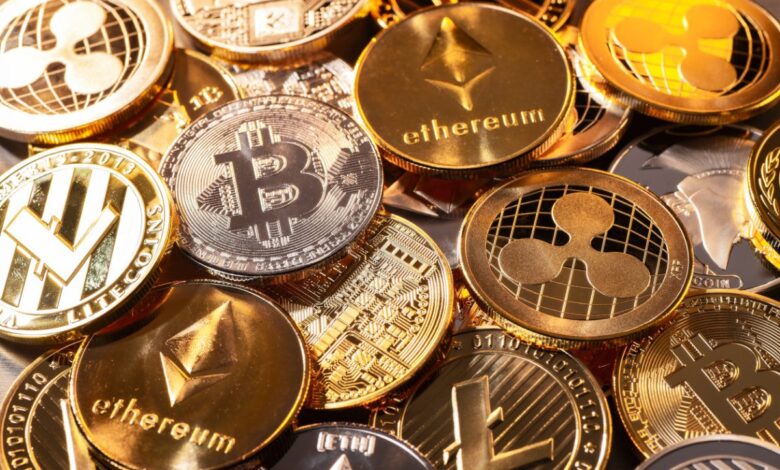Japan to Further Relax Crypto Rules
Japan plans to further loosen cryptocurrency regulations by making it easier to list virtual coins, potentially increasing the country’s allure for Binance and rival foreign digital-asset exchanges.

According to documents seen by Bloomberg News, the body that oversees cryptocurrency exchanges plans to let them list coins without going through its lengthy screening process unless the tokens are new to Japan’s market.
Japan is serious about rejuvenating its crypto market
By making it easier for startups to list tokens and lowering the threshold for market entry, the loosening of the rule could take effect as early as December. Members’ businesses have recently received the updated documents.
Vice Chairman Genki Oda stated in remarks he characterized as personal views that the Japan Virtual and Crypto assets Exchange Association could also scrap pre-screenings for coins and tokens issued through initial coin offerings by March 2024.
They hope the latest measure will help revitalize Japan’s crypto assets market,” he stated in an interview and confirmed the documents. “Revitalize” CryptoRemixpoint inc., a software development company, is led by Oda.
A departure from the regulatory tightening of a few years ago, Japan is becoming more serious about revitalizing its crypto market.
The biggest digital asset exchange in the world, Binance, is trying to get a license to run its business in Japan four years after it quit, in part because of the new attitude.
The country’s actions contrast with the stricter regulations that are being implemented in some jurisdictions as a result of blowups at crypto hedge funds and lenders caused by a $2 trillion loss in digital assets from the peak of the previous year.
Exchanges will be able to list tokens within 30 days of reporting their listing plan and coin assessments once the JVCEA’s planned measure goes into effect. Oda stated that the objective is to reduce that to 14 days from April at the latest.
Keeping an Eye On Things
The most recent developments go beyond the JVCEA “Greenlist,” which was introduced in 2022 and included tokens that qualified for faster listings. The JVCEA will keep an eye out for any coins it considers “inappropriate” and may ask member businesses to stop selling them.
The JVCEA will require crypto exchanges to submit reports on events involving listed coins every three months. These events include so-called hard forks, in which a blockchain splits as a result of changes to the underlying software code.
According to Oda, faster listing screenings are one reason why there are now over 50 coins being traded in Japan, as opposed to less than half about two years ago.
Over 13,000 digital tokens are currently tracked by the aggregator CoinGecko worldwide, but many of them are so-called “zombie tokens” that are rarely traded.
As Prime Minister Fumio Kishida pursues an agenda for reinvigorating Japan’s economy under the banner of “New Capitalism,” which includes support for the growth of so-called Web3 firms, the potential change in crypto listing regulations comes at a time.
The concept of a decentralized internet based on blockchains—the technology that underpins cryptocurrency—is referred to as “Web3.”





